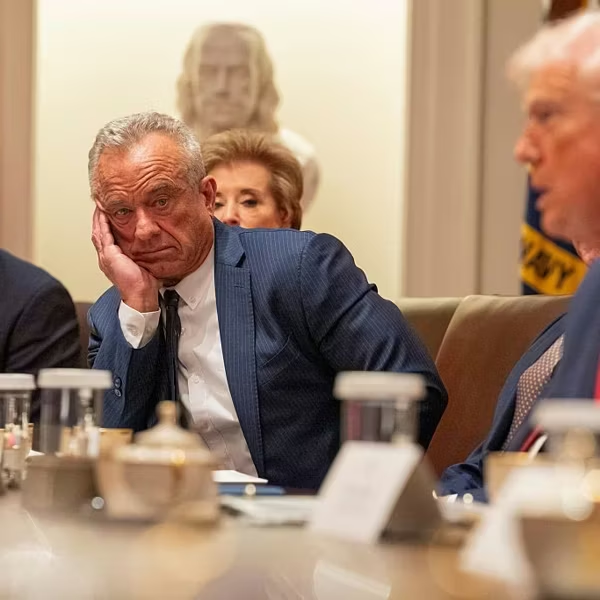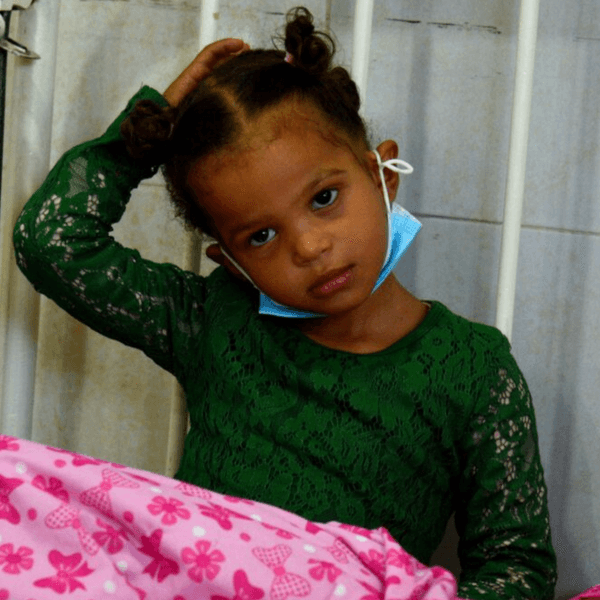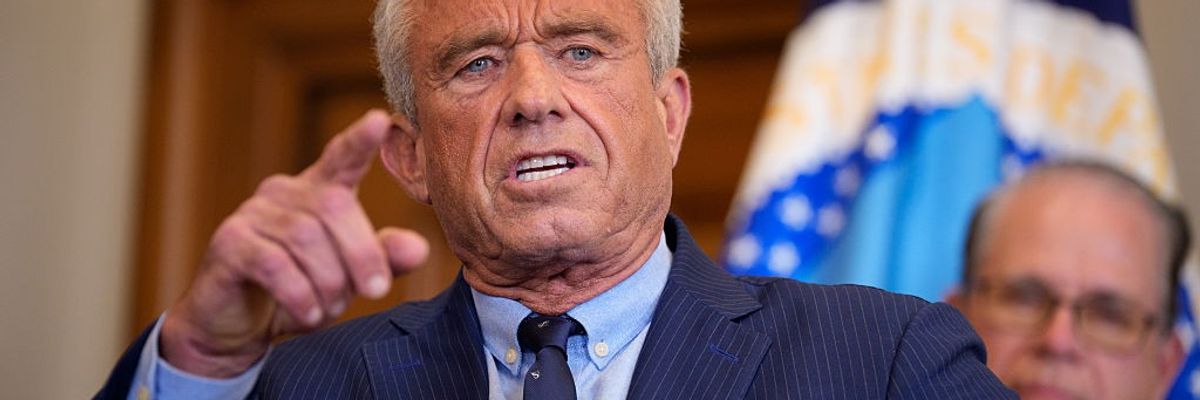Six major medical organizations on Monday filed a lawsuit against Health and Human Services Secretary Robert F. Kennedy Jr. alleging he is putting American children at "grave and immediate risk" because of his policy on vaccines.
The plaintiffs in the lawsuit—including the American Academy of Pediatrics, the American College of Physicians, the American Public Health Association, the Infectious Diseases Society of America, the Massachusetts Public Health Association, and the Society for Maternal-Fetal Medicine—charged that Kennedy earlier this year made a "baseless and uninformed policy decision" when he removed vaccinations against Covid-19 from the Centers for Disease Control and Prevention's (CDC) official immunization schedule for "healthy" children and pregnant women.
The organizations emphasized that unless Kennedy's decision is reversed, "all children remain at grave and immediate risk of contracting a preventable disease" and further warned that it "exposes... vulnerable populations to a serious disease with potentially irreversible long-term effects and, in some cases, death."
The plaintiffs further charged that Kennedy's directive removing the Covid-19 vaccines from the immunization schedule was "but one example of the secretary's agenda to dismantle the longstanding... science- and evidence-based vaccine infrastructure that has prevented the deaths of untold millions of Americans."
The complaint then documented Kennedy's long history of statements and articles that have peddled false claims about the safety of vaccinations and pointed to his mass dismissals of staff at HHS and his appointment of likeminded vaccine critics to argue that "it has become clear that truth and transparency are not desired by the secretary, but rather he wishes subservient confirmation of his misinformation and lies."
Given this, the plaintiffs argued that Kennedy's decision to remove the Covid-19 vaccine from immunization schedules was "arbitrary and capricious" based on what they described as "vast and irrefutable evidence," including congressional testimony delivered by Kennedy in which he acknowledged that people shouldn't "be taking medical advice from me"; that Kennedy's directive directly contradicted an article published by the Food and Drug Administration days earlier stating that pregnancy was a condition that "increased a person's risk of severe Covid-19"; and that Kennedy did not identify specific recommendations from professional staff that he used as justification to restrict the availability of the vaccine.
Should courts find that Kennedy's decision was "arbitrary and capricious" as alleged by the plaintiffs, they would have the power to enjoin the policy under the Administrative Procedures Act, which was also employed recently to halt planned mass layoffs at HHS. The medical organizations urged courts to declare Kennedy's policy change "unlawful" and demanded "the restoration of the Covid vaccine recommendations for pregnant women and healthy children ages six months to 17 years" of age.
The medical organizations' lawsuit against Kennedy's vaccination policy comes at a time when infections of measles in the United States have hit a level not seen in more than three decades. The Washington Post, citing data from Johns Hopkins University, reported on Monday that there have been at least 1,277 confirmed cases of measles so far in the U.S. this year and the paper noted that this development "marks a public health reversal in defeating a highly contagious, vaccine-preventable disease as the anti-vaccine movement gains strength."




